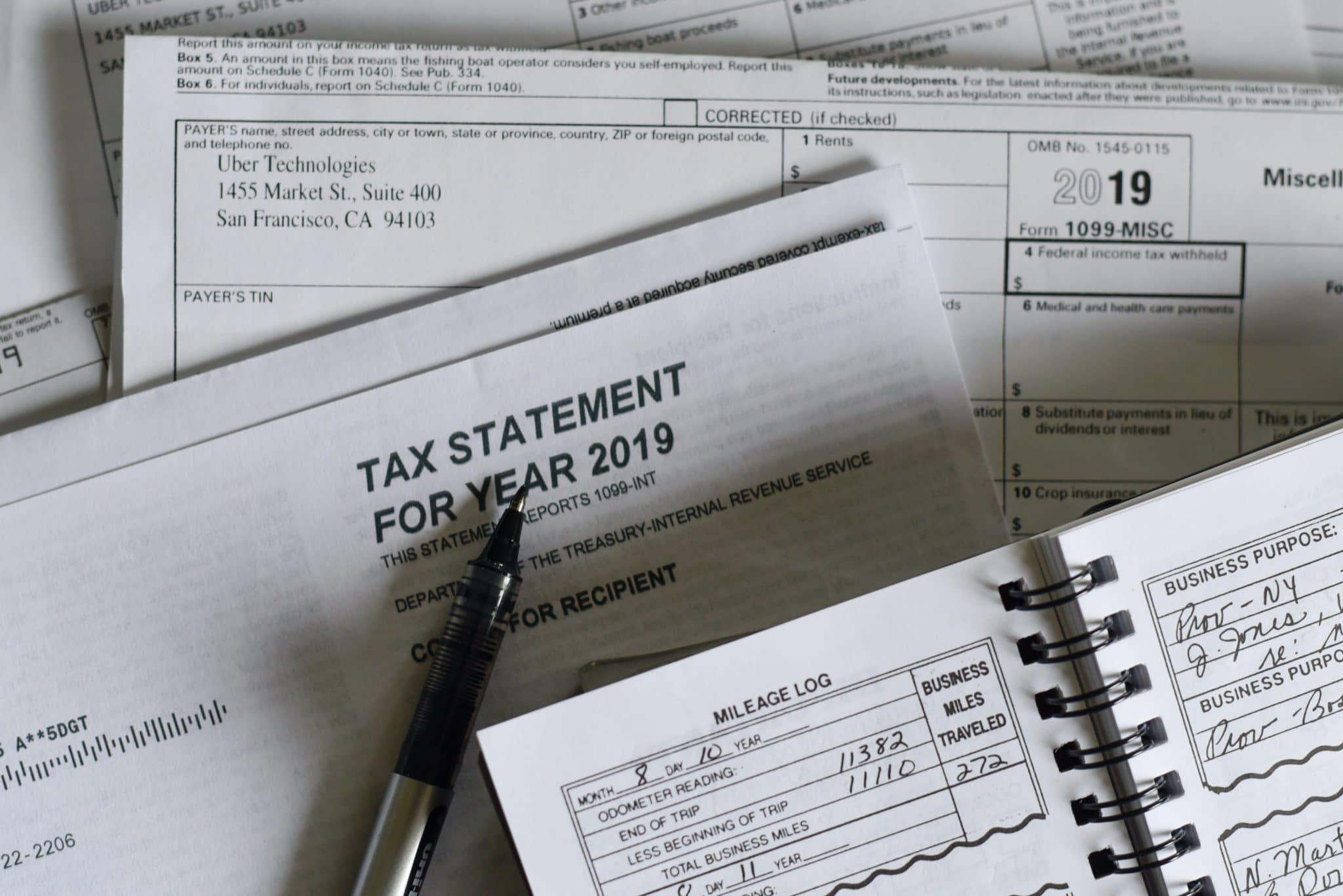Tax deductions can be a great way to save money on your taxes. Knowing which deductions you can use and how to apply them correctly can help you maximize your tax savings. In this article, expert Ian Andrews shares the basics of tax deductions you should know.
Standard Deduction
Standard tax deductions are commonly known forms of relief employed by the government to reduce a person’s taxable income. When somebody files their taxes each year, they can claim a certain amount that won’t be taxed and will instead reduce their overall gross income, making them eligible to pay less in taxes. Taking this step can go a long way in reducing your taxable income and ultimately lowering the amount of taxes owed.
Depending on your filing status, the standard deduction for 2020 is $12,400 for individuals and married couples, $18,650 for heads of households, and $24,800 for joint filers. It allows taxpayers to subtract a fixed amount from their taxable income without having to itemize their deductions or keep receipts throughout the year.
Itemized Deductions
Itemized deductions are a type of tax deduction that allows individual taxpayers to list their deductible expenses to decrease the amount of their taxable income. They benefit individuals who have paid significant money on these eligible expenses over the year.
This deduction reduces your net taxable income and can impact the taxes you owe at the end of the year. It is important to note that these deductions must be documented to be claimed, so taxpayers should keep all records of their itemized deductions.
Charitable Contributions
Charitable contributions are a great way to reduce your taxable income and benefit the community simultaneously. Whether you make direct donations, give away goods or volunteer your time and skills, giving back with a charitable contribution can help someone in need while helping to reduce your overall tax bill. Not only do you save on taxes, but you also have the satisfaction of knowing that your contribution made a tangible difference in the lives of others.
These donations are typically deductible up to 50% percent of AGI in any given year (depending on which charity receives the contribution). Remember that you must provide proof of donation with a receipt or canceled check to claim these deductions on your taxes; otherwise, the IRS will not allow them.
Retirement Account Contributions
Retirement accounts are another great way to save money on taxes while planning for retirement. Contributions made into 401k accounts or other qualified retirement plans are deductible up to certain limits each year depending upon factors such as age and income level. These limits vary from person to person, so it’s essential to research what applies best to you before making any contributions to these types of accounts!
Additionally, some employers may even offer matching funds that can further increase potential savings when contributing towards retirement plans like IRAs or 401ks – so make sure to explore all options available before deciding how much money goes into these accounts each month!
Home Office Deductions
Setting up a home office can come with significant benefits in terms of tax deductions. Depending on your situation, you may qualify for deductions related to the operational costs of running a business from home, such as utilities and insurance premiums.
Additionally, deductions may be available for problem-solving equipment or supplies necessary for completing work duties in the home office. Furthermore, many overlook that rent or mortgage payments might also be eligible for deduction if you use part of your residential space exclusively for professional activities.
These deductions include furniture explicitly purchased for business use and utilities used while working from home. Be sure to track all relevant expenses throughout the year if this type applies directly toward work activities performed out of one’s residence! Knowing the respective tax regulations regarding these deductions is essential to optimizing your finances and keeping more money in your pocket.
Student Loan Interest Deduction
Taxpayers paying off student loans may be eligible for a student loan interest deduction, allowing them to deduct up to $2,500 in interest paid on those loans from their taxable income each year. There are specific eligibility requirements, such as having modified adjusted gross income (MAGI) less than particular thresholds. If they qualify, this could be an excellent way for them to save money on taxes yearly!
Final Thoughts
Ian Andrews understands that tax deductibles can significantly reduce your taxable income each year if utilized correctly. Be sure to do some research beforehand & consult with an accountant if necessary. Make sure every effort is made toward maximizing potential savings through properly utilizing applicable tax deductibles within the current fiscal period!

















0 Comments